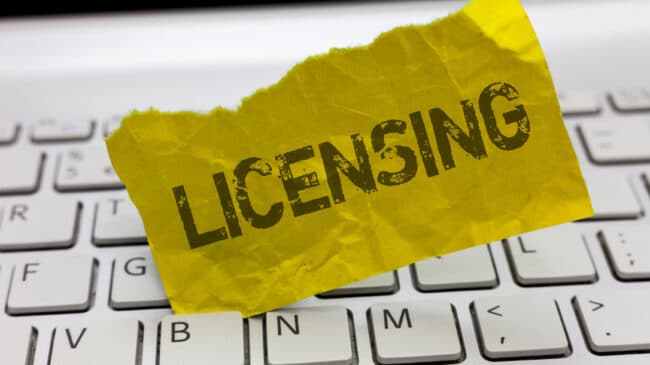House Bill 735 would preempt occupational licensing to the state, reducing regulatory barriers for Floridians looking to find work and earn a living. This preemption supersedes any local
licensing requirements unless local licensing is otherwise authorized by general law.
Specifically, HB 735 precludes local governments from requiring occupational licenses for job scopes including––but not limited to––painting, flooring, cabinetry, interior remodeling, handyman services, driveway or tennis court installation, decorative stone, tile, marble, granite, or terrazzo installation, plastering, stuccoing, caulking, canvas awning installation, and ornamental iron installation. However, local licensing of journeymen in the plumbing, pipefitting, mechanical, HVAC, and electrical and alarm system trades are exempt from preemption under the bill.
Today more than 1 in 5 workers nationwide are required to obtain a license to work––this is up from just 5 percent in the 1950s. In Florida, it is estimated that about 21 percent of workers need a license just to do their job.
An abundance of research indicates that occupational licensing is often an anticompetitive form of regulation that serves to protect incumbent workers from new entrants. As a result, aspiring workers are locked out of the market, and consumers pay more for services provided by license holders.
In fact, occupational licensing is estimated to cost consumers up to $203 billion annually and results in the loss of 2.8 million jobs nationwide. In Florida alone, licensing is estimated to result in nearly 130,000 fewer jobs and approximately $460 million in deadweight economic losses annually.
Regarding the impact of local licensing, one study found that the anti-competitive effects of licenses issued at multiple jurisdictional levels were significantly greater than those of licenses issued by only one jurisdiction.
Fortunately, occupational licensing reform is a bipartisan effort and has received support from the Obama, Trump, and Biden administrations. Several states have also taken up reforms to eliminate unnecessary licenses, reduce overly burdensome license requirements, and recognize licenses across state lines.
In recent years Florida has made significant progress peeling back onerous licensing requirements at the state level. However, local licensing continues to pose challenges for the state’s workers and consumers. HB 735 would simplify and standardize the requirements for licenses that may currently be issued at the local level. This will eliminate an unnecessary layer of regulation, and in some cases, reduce the total fees workers are required to pay for their license. HB 735 would also lend greater flexibility to workers and enhance worker mobility.
Ultimately, further reforms are needed in Florida to reduce the burden of state licensure and to recognize licenses issued by other states. But HB 735 is an important step toward trimming the regulatory bloat of occupational licensing and will help more Floridians find gainful employment.

